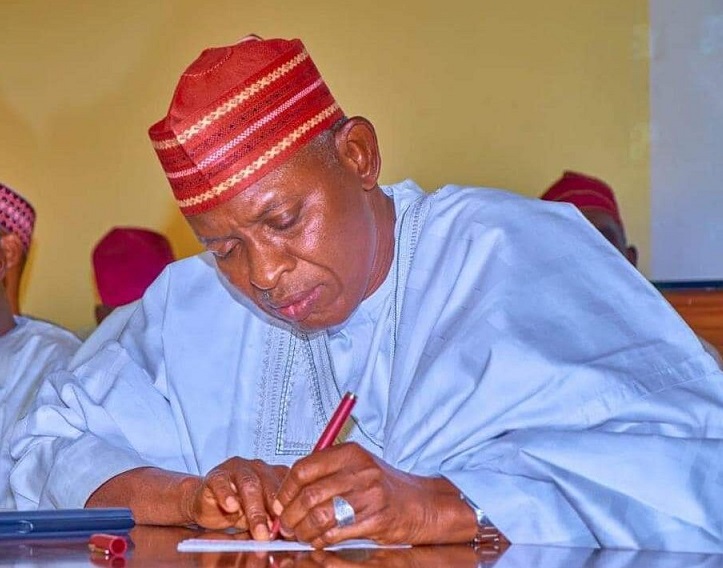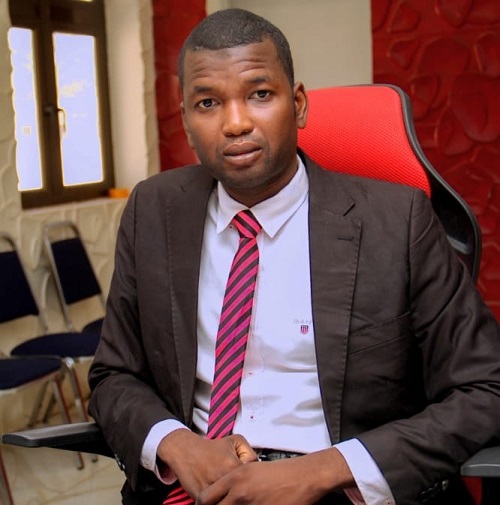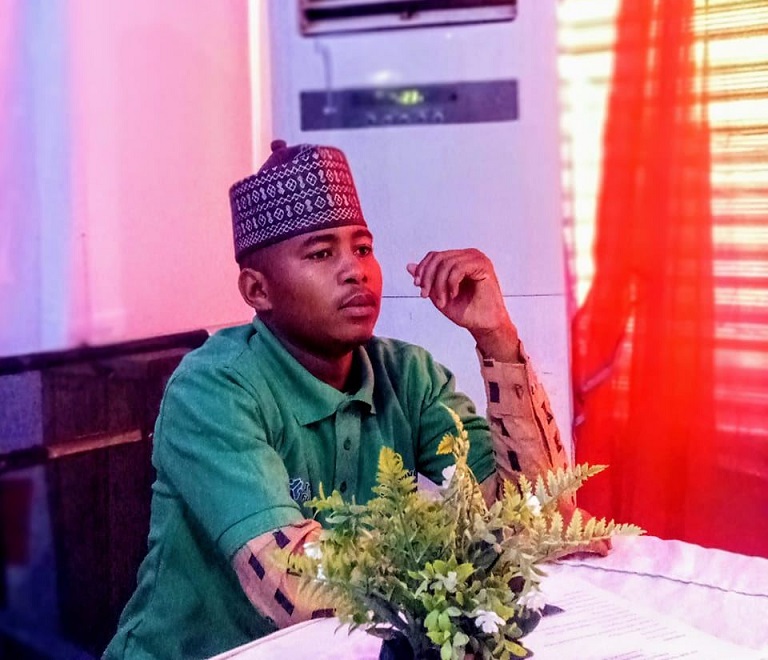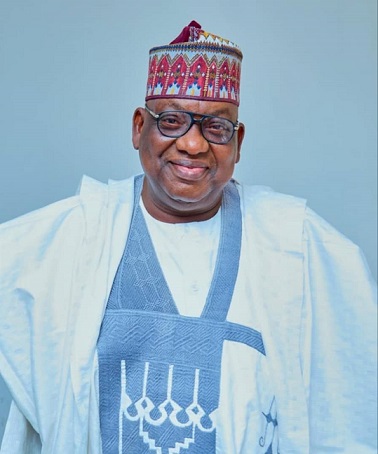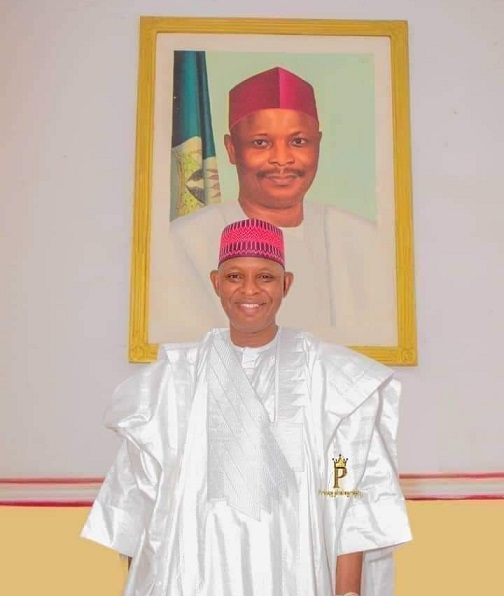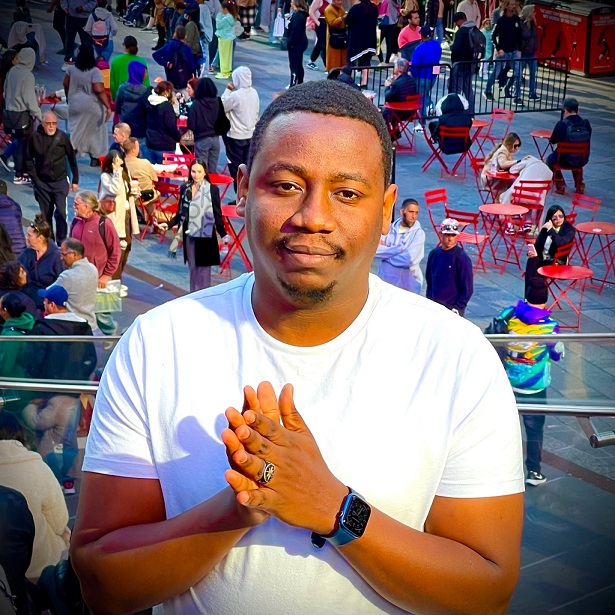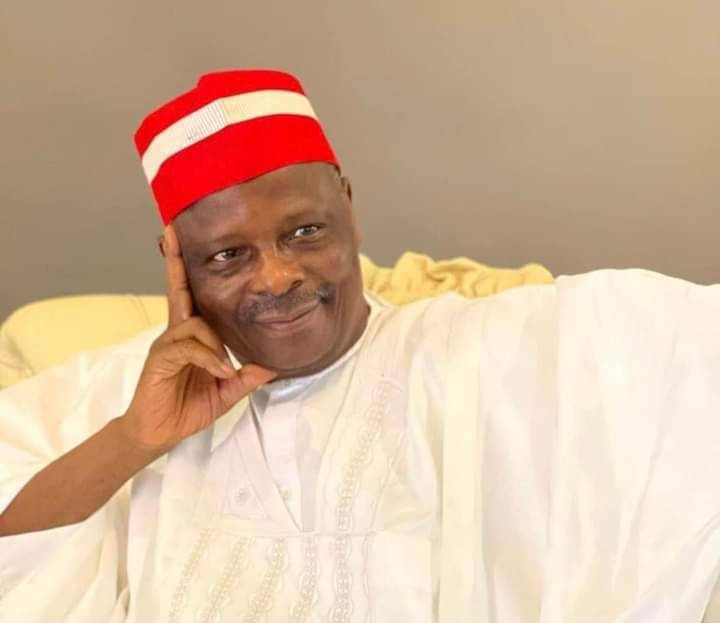Kano students suffer as government fails to pay off their tuition fees
By Muhammed Sodangi Let me begin with the famous saying of the South African anti-apartheid revolutionary leader, Nelson Mandela, who said, "It is through education that the daughter of a…
